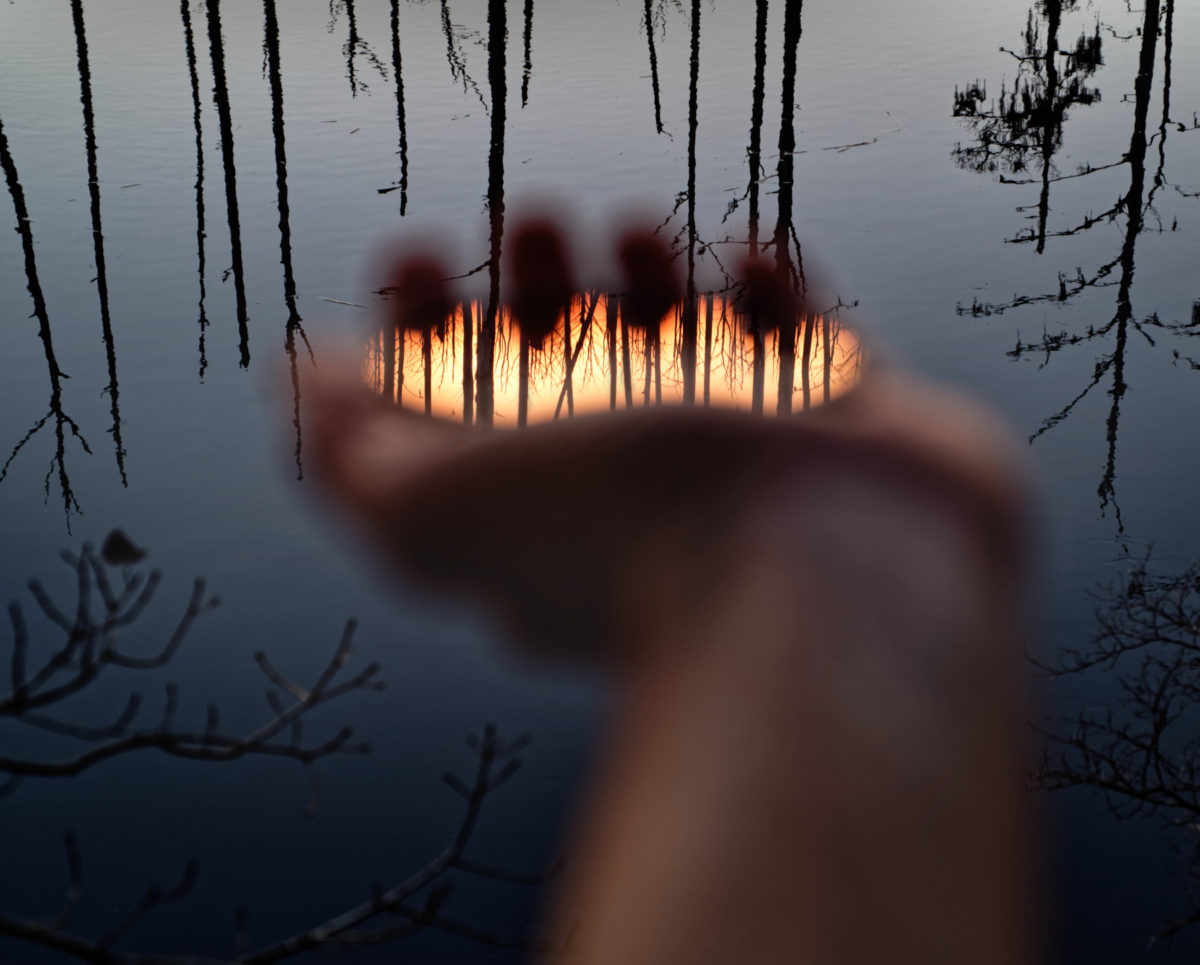Last night I went out to photograph with a dear friend, another lover of light and shadow. It seemed like such a long season ahead of us when we both settled in to ride out The Plague Winter in Wilmington, NC. Now, only a couple of weeks away from the equinox, it is almost time for him to leave.

I’m so glad this winter is almost over, yet not quite ready to let it go. It’s a familiar feeling, this desire to stay here, to keep riding this one wave.
I’m pretty old. I know myself. I do not now, nor will I ever, feel ready. It isn’t how I’m wired. I’m a grabber on-er, a holder closer. But I have gotten just a little better at not fighting the losses. The waves come and then break. And there are always more of them.
Those of us still here, still inhaling as we move closer to the aftermath of this Great Plague, have The Great Gift, our lives, and an unusually potent lesson in the value of just drawing breath with those we love, of being close enough to watch them do the same.
I have a young friend who is facing one of the most painful challenges of loss all survivors have to face. This today, sent me back to the beloved and powerful teacher, Pema Chödrön (When Things Fall Apart).
She writes about our primal existential fears, and how they all arise from fear of death, from “Yama Mara.” But she sees a twist— really, what we fear, she says, is a fully lived life of presence and attention and love. Our deepest terror comes with fear of all of the loss and the awful, exquisite pain such a life inevitably means. The price of love is grief.
“To be fully alive, fully human, and completely awake is to be continually thrown out of the nest. To live fully is to be always in no man’s land, to experience each moment as completely new and fresh. To live is to be willing to die over and over again… So even though we say the Yama Mara is fear of death, it’s actually fear of life.”
By witnessing, by attending, by bowing in gratitude to the light in darkness and the darkness in light, and—even in the times of deepest darkness, when it seemed terrifying, or downright insane to do so— if we have still found a way to exist in love, then we have done what we can do.
We’ve lived.
Go here for a wonderful discussion of When Things Fall Apart between Krista Tippet and Devendra Banhart.
